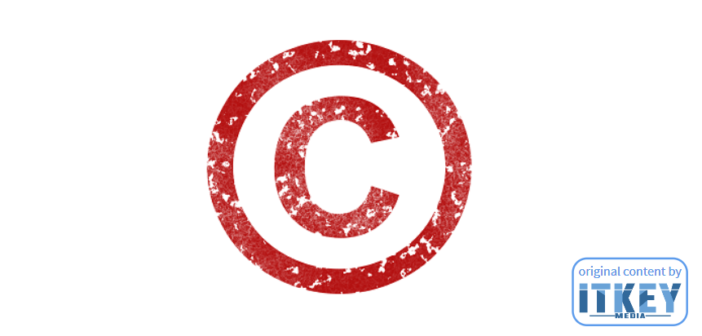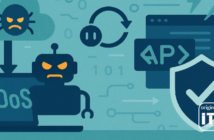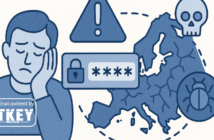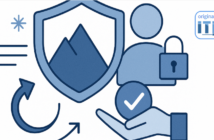The post was originally published in Polish on Borys’ LinkedIn profile. Borys kindly agreed to republish what we think is of great value to our readers.
The Patent Office of the Republic of Poland has recently allowed patent protection for inventions that are computer-based solutions.
This is bad news for startups*. It is more difficult for startups than for large companies to obtain patent protection because they have less money, less time, and different priorities than corporations. Therefore, this change helps to protect large entities that have money for lawyers and time to deal with projects unrelated to their core business.
If a founder came to me and said that he was working on an idea and was going to patent it, it would signal that the team would be wasting time in offices and arguing with lawyers instead of focusing on product development and customers.
I don’t recall a patent being a help for a startup in its business. If you create a unique solution, then even if you have a patent, your competitors will find a way around it. Focusing your work on the patent instead of market validation and the product virtually guarantees that your competitors will reach your customers faster and take you out of the market.
It is also worth mentioning the negative phenomenon of patent trolls, i.e. entities that buy patents from scientists in order to sell them to corporations. The current changes concerning the extension of patent protection to computer programs may contribute to the intensification of this practice in the world of software as well.
* except for 0.01% of deep techs that introduce real innovation at the level of algorithms or data structures.
The comment section had a few objections:
A few remarks to your post:
- It is necessary to distinguish between patenting computer programs and inventions aided by a computer program. The protection of the latter is a response to the needs of the market, which more and more often implements technical solutions using software.
- The change in this respect in the Polish legal system resulted from European standards and is beneficial to anyone who plans to protect their innovation from the beginning of their business path.
- It is worth remembering that the lack of such protection may result in the theft of technology and, consequently, the loss of potential profits.
- I know many startups that have gained a competitive advantage thanks to patents.
- The pathologies of the system are their inseparable components, constituting a challenge, or rather not an argument for the liquidation of the system. So let’s withstand the trolling and make use of the protection.
– Piotr Zakrzewski, Deputy President at The Patent Office of the Republic of Poland
‘If you create a unique solution, even if you have a patent, your competitors will find a way around it.’ I do think it’s true in the case of software, but I look at it differently after the meeting with American VCs. They agreed, but at the same time they said – if you have a patent, then when evaluating your project, we give you an X at this point and you gain an advantage over others who come to us.
– Michał Ryś, Co-founder and CEO at ABAStroke
On the other hand, if someone is working on a deep tech or technological breakthrough and doesn’t want a patent, it means that it is not deep tech or any breakthrough. Most innovations/unicorns are really adapting what already exists to a new market/new take.
– Matt Kieblesz, Co-Founder and CEO at Tapchan

Engineer turned entrepreneur turned investor, Borys is a founding Partner at SMOK Ventures, an early stage venture capital firm bridging Silicon Valley to Poland and the CEE region.
Formerly as an entrepreneur, co-founded Filmaster, a personalized recommendation startup acquired in 2015 by Samba TV. During his four years at Samba he built a team of 40 engineers in Warsaw and helped grow the company’s products onto the British and German markets.
Borys also co-founded ReaktorWarsaw startup hub, ReaktorX accelerator which helped 100+ first-time founders kickstart their startups, and Startup Poland, a leading think tank.
PJAIT graduate. Prior to founding his own projects, worked as a software engineer and team lead for both startups and large corporations in Poland, Germany and the United Kingdom.
Listed as one of 50 most creative Polish entrepreneurs by BRIEF. Mentors at Google for Startups, Founder Institute, Huge Thing.
Film buff. Basketball junkie.





